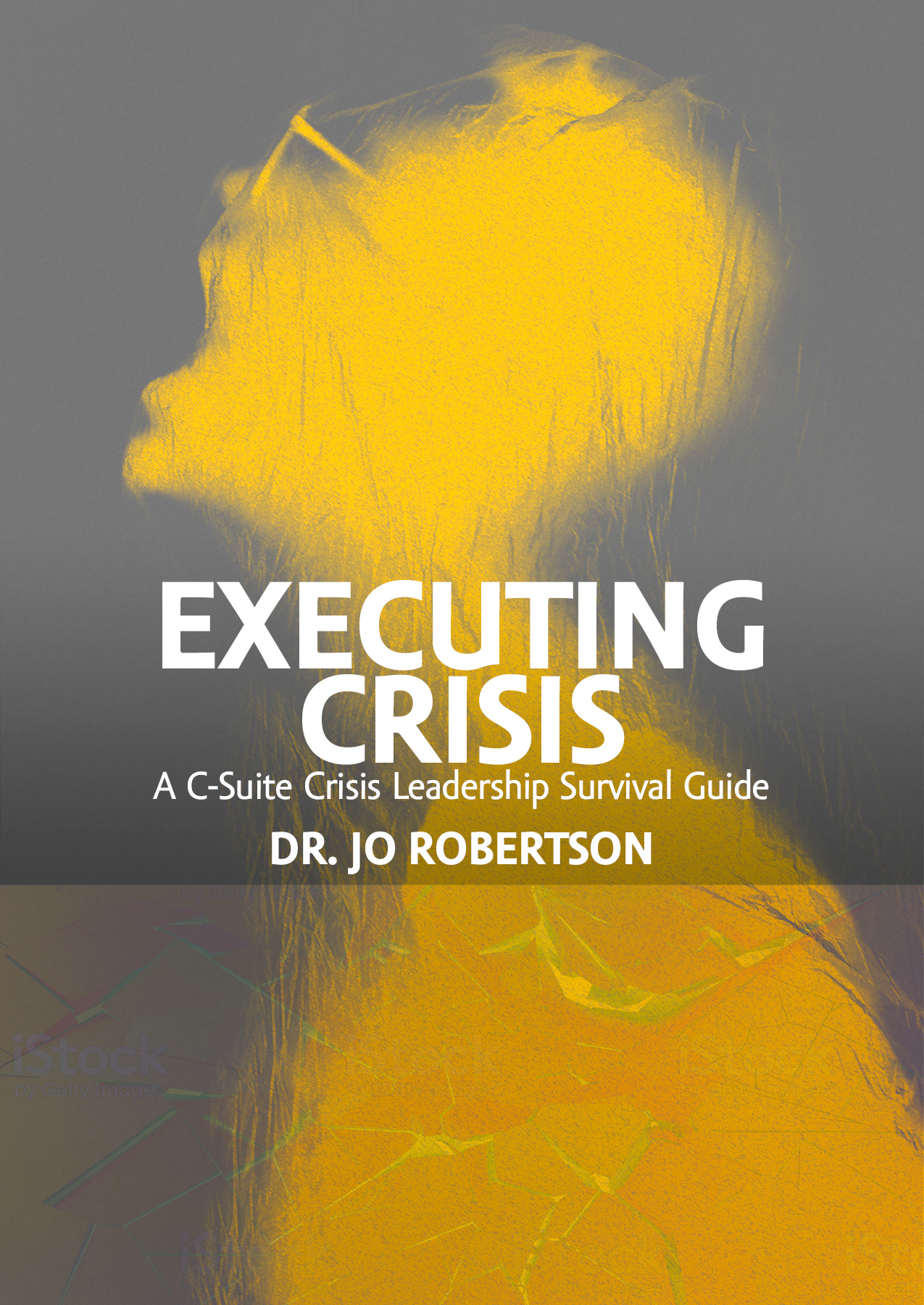









Self-Inflicted Leadership Crisis Response Failure Behaviors
1. Surprise: Stems from the U.S. management culture developed over the last 40 years which stresses the invincibility of managers and leaders based on extensive monitoring and data collection to the exclusion of many traditional (historic?) management beliefs, actions, concerns and functions. Today’s prevailing attitude is that smart managers are unlikely to suffer a crisis.
The unintended consequence of this delusion is that much necessary readiness activity never takes place.
Part of the surprise crisis always brings is related to the almost immediate realization by these smart leaders that readiness has suffered in an environment of management omnipotence and over optimism about inherent response capabilities.
The lesson: The smarter they are the harder and faster they fall.
The outcome is: The refusal to believe that things are serious, i.e. not wanting to look too concerned in the eyes and gossip of peers.
